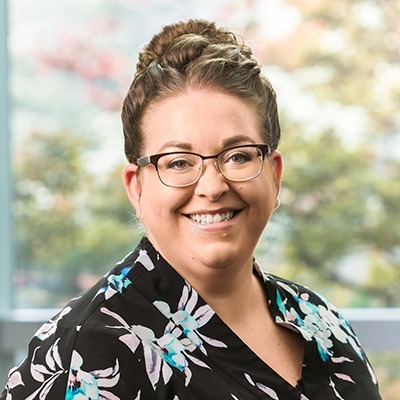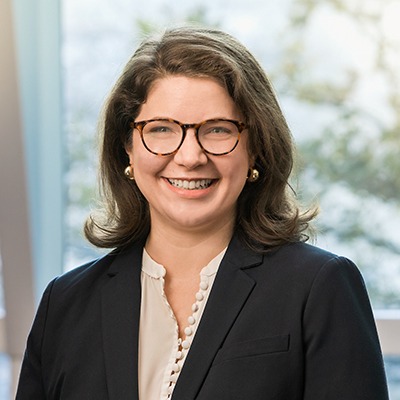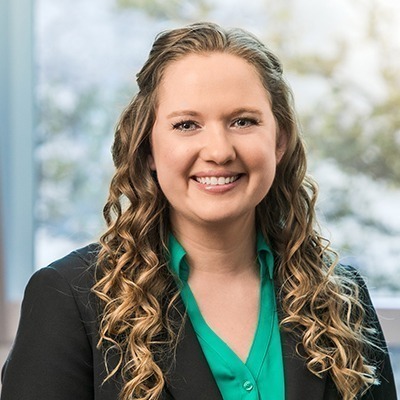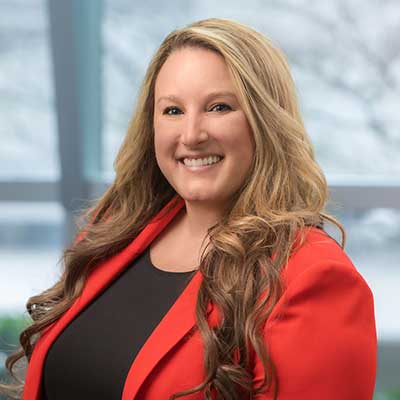It’s hard to watch your child get sick — especially when they have a life-threatening illness. All you want is for your child to get better.
We do, too.
Our Pediatric Intensive Care Unit (PICU)’s goal is to do exactly that.
Our PICU is continuously staffed by physicians, nurses, and other providers who are trained in the care of children with life-threatening conditions. A full range of pediatric medical and surgical specialists, in departments from neurology to cardiology, are available at all times. Specialists are on hand to offer psychosocial support and help you navigate the hospital.
Make An Appointment
Children are referred to the PICU from their provider, or are brought here directly after surgery or treatment in the emergency room. We do not take appointments, and it is not a walk-in clinic.
The Role Of The Family
Your family is at the center of your child’s care team. We understand how important is it that you and your family are kept up-to-date on your child’s progress and involved in treatment decisions.
We conduct family-centered rounds that you and your family can join to help us assess your child’s condition and decide what to do next. We’ll gladly answer any questions and make sure that you are comfortable with your child’s course of treatment.
Families in the PICU also receive tablets so you can communicate with your child’s nurses and view test results 24/7.
We know that when your child is in the PICU, you want to be there to offer emotional support. That’s why we don’t have visiting hours — you can stay with your child every day, around the clock. We have a few sleep rooms right in the hospital for families from out of town. Siblings are welcome in the PICU but must be 18 or older to sleep here.
What Sets Children’s Apart?
Our PICU is staffed 24/7 with pediatric intensivists — physicians specially trained in providing critical care to children:
- Our PICU is home to Nebraska’s only pediatric extracorporeal membrane oxygenation (ECMO) program — a treatment that uses a pump and an artificial lung to circulate blood back into the bloodstream of a child who has severe breathing or heart problems. ECMO can also be used to support children during the recovery period after heart surgery, or children who are awaiting lung or heart transplants.
- Compared to other PICUs of similar size across the country, our patient outcomes are among the best. We also have significantly shorter average PICU stays than nearly every other PICU of our size.
- Our intensivists — physicians who specialize in intensive care — are full-time faculty at the University of Nebraska College of Medicine (UNMC), and are responsible for educating residents and medical students. They participate in research at the local and national levels. This means that they are always on top of the latest in critical care treatment and protocols.
- Additionally, we direct a critical care transport team with specially trained emergency medical technicians and registered nurses. They will go as far as they need to go to bring children to our PICU — they have even made the 8-hour drive to Rapid City, South Dakota.
The PICU has advanced technologies and treatments, including:
- High-frequency oscillatory ventilation and nitric oxide therapy for children with respiratory failure
- Heliox therapies for children whose airways are blocked, causing difficulty breathing
- Dialysis: A treatment that does the job of kidneys — filtering blood and getting rid of waste — when the kidneys aren’t working properly.
- Extracorporeal membrane oxygenation (ECMO) program
- Ventricular assist device: A machine used to help increase blood flow in children with heart failure
We have earned awards and accreditations for our dedication to providing the highest quality pediatric care, including:
- Gold Beacon Award from the American Association of Critical Care Nurses: Recognizes critical care units with excellent patient outcomes that exceed national benchmarks. We are one of only 11 PICUs in the country, and the only one in the region, to receive this award.
- Extracorporeal Life Support Organization (ELSO) Gold Level Center of Excellence: Recognizes and honors programs that reach the highest level of performance, innovation, satisfaction, and quality in ECMO care.
Preventing Infections In The PICU
Our hand hygiene program for infection prevention also sets Children’s apart.
Children in the PICU often have weakened immune systems and are prone to infection. Since safety is a top priority, we are always working to prevent possible hospital-acquired conditions, such as pressure sores and central line infections.
One of the ways we prevent infection is our state-of-the-art hand hygiene system, Biovigil. Everyone on staff wears a badge. When they enter a patient’s room, they must immediately wash their hands with either soap and water or an alcohol-based washing solution. They then wave their hand in front of the badge, which senses the soap or alcohol, and turns green. If they don’t wash their hands, it turns red.
Biovigil is used throughout the hospital — not just the PICU. It assures families that their child’s providers are washing their hands, and limiting the possibility of spreading germs throughout the hospital.
In addition to our hand hygiene infection prevention measures, we work hard to prevent central-line associated bloodstream infections, ventilator-associated pneumonia, and other hospital-acquired conditions.
“We get to see diseases play out in front of us, and watch children get better. We’re also able to support families as they go through the worst, scariest time of their lives. Watching ordinary people display extraordinary strength is a privilege that we get to see every day.”
—Andrew Macfadyen MD, Medical Director, Critical Care, Children’s Nebraska
Conditions We Treat
Our PICU is staffed and equipped to treat many conditions, including:
-
Asthma
A child’s airways become inflamed (swollen), making it difficult to breathe normally. It can cause wheezing, coughing, chest tightness, and shortness of breath. Symptoms are brought on by triggers, such as allergies (e.g., fur, mold), exercise, or weather changes. When this occurs, it is called a flare-up (also known as an asthma attack or asthma episode). Asthma may be treated with daily medication, as well as emergency medication for flare-ups. -
Brain Tumors
Brain tumors are groups of cells that form a mass in or around the brain. They can be cancerous (malignant) or non-cancerous (benign). Non-cancerous tumors can still cause problems, as they can directly destroy healthy brain cells, or indirectly damage them by causing swelling of the brain and pressure within the skull.Some tumors may need to be removed to reduce pressure on the brain or to check for signs of cancer.
-
Bronchiolitis
Bronchiolitis is usually caused by a virus that gets into an infant’s lungs. The bronchioles (small breathing tubes in the lungs) swell, blocking the airway. This makes it difficult for an infant to breathe on their own, so we usually support them with a ventilator — a machine that helps them breathe. -
Congenital Heart Defect
These are heart defects that are present right from birth. There are many types of defects, such as septal defects, such as holes in the wall of the septum — the structure that separates chambers of the heart. At Children’s, we perform about 300 surgeries a year to correct these defects.In severe cases of heart disease, your child may need a heart transplant. Once the surgery is complete, they will come straight to the PICU for close monitoring and to limit the risk of infection.
-
Diabetic Ketoacidosis
Diabetic ketoacidosis (DKA) occurs when the body doesn’t get enough insulin, so it begins breaking down fats to use for energy. This life-threatening condition causes severe dehydration, and elevated sugar and acid levels. In the PICU, we carefully monitor patients with DKA as we correct their electrolytes — the minerals that balance the amount of water and acid in the body, and bring nutrients to cells. -
Misshapen Skulls
Many children are born with misshapen skulls that do not correct themselves over time. Our surgical team of neurosurgeons and plastic surgeons work to correct the shape, and ensure that the brain has room to grow normally. After surgery, they are closely monitored in the PICU. -
Seizures
Seizures occur when there is a sudden burst of electricity within the brain. They are common in children—about 15% of all children have at least one in their lifetime. At the PICU, we treat children with complex, chronic illnesses — ones that involve multiple systems of the body. These children often have many seizures that cannot be treated. Sometimes, they need critical care in order to stop seizures. -
Septic Shock
When an infection throughout the body causes dangerously low blood pressure, it is called septic shock. Children with other medical conditions, such as diabetes, certain types of cancer, or immune system disorders, have an increased risk of septic shock. Since septic shock can cause organ failure, it is considered a medical emergency.Treatments used to treat septic shock depend on your child’s symptoms or the organs that have been damaged. These treatments may include ventilators (breathing machines), blood pressure medication, oxygen, or surgery.
-
Tracheal Disorders
The airway system is the set of pipes that bring oxygen-rich air into the lungs and carry carbon dioxide (a waste gas) out of the lungs. When you breathe in, air travels down the trachea (windpipe). Certain problems, such as narrowing or swelling of the trachea, can make it difficult to breathe or swallow. We use tracheal reconstructive surgery to fix these problems, and help your child breathe and swallow normally. -
Trauma
Severe physical injuries that develop suddenly — such as from an accident — that require immediate medical care.
For some conditions, such as diabetic ketoacidosis, we have hospital-wide protocols to improve efficiency and quality of care. That means that if your child comes in with a certain condition, everyone on the care team knows exactly how to respond. This ensures that unnecessary tests are not performed and that your child is not sent from the PICU to a regular hospital room too early.
Patient Spotlight

Katie
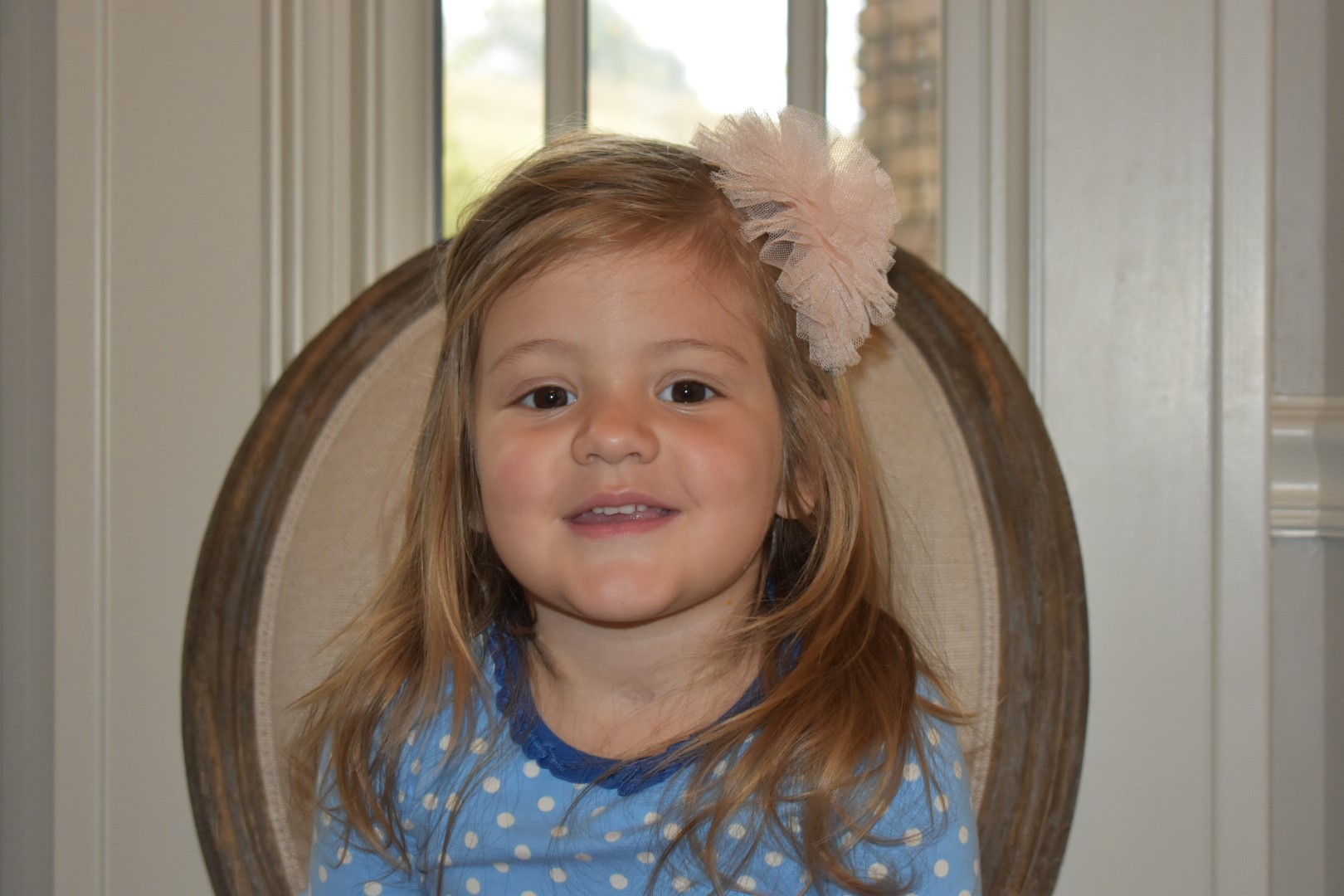 It was November 2019 and the Fangman family had just finished Thanksgiving dinner with their six children. Their youngest, Katie, was an active toddler and had been pretty healthy for her first 20 months of life. That day, Nicole, a former critical care nurse, and Ben, a physician, noticed Katie was a little tired, had a runny nose and a small cough, but didn’t think too much of it. Read More
It was November 2019 and the Fangman family had just finished Thanksgiving dinner with their six children. Their youngest, Katie, was an active toddler and had been pretty healthy for her first 20 months of life. That day, Nicole, a former critical care nurse, and Ben, a physician, noticed Katie was a little tired, had a runny nose and a small cough, but didn’t think too much of it. Read More
Our Specialists
What To Do Next
For Patients
Children are referred to the PICU from their provider, or are brought here directly after surgery or treatment in the emergency room. We do not take appointments, and it is not a walk-in clinic.
For Referring Providers
The Physicians’ Priority Line is your 24-hour link to pediatric specialists at Children’s for emergency and urgent consults, physician-to-physician consults, admissions, and transport services. Call 855-850-KIDS (5437).
Learn more about referring patients.

















